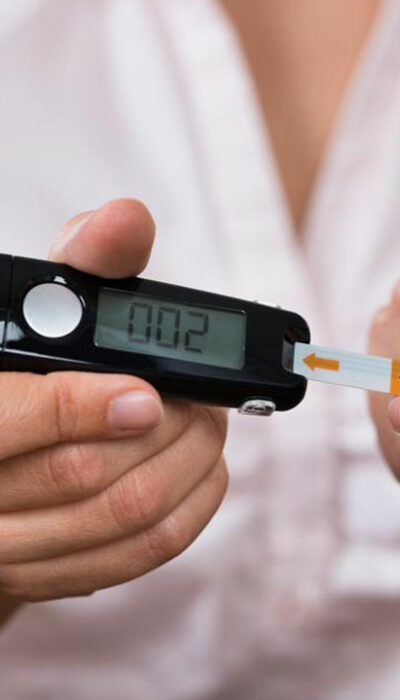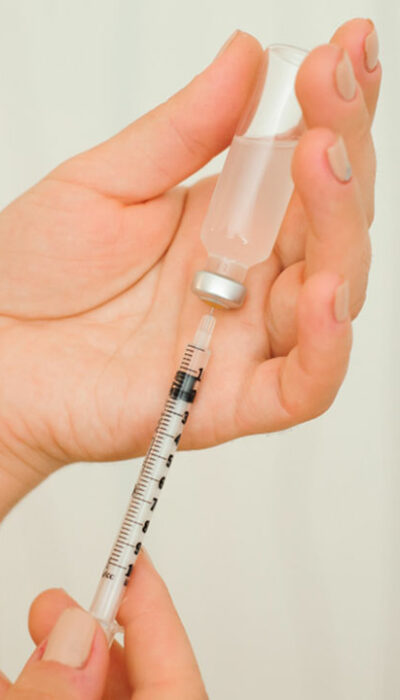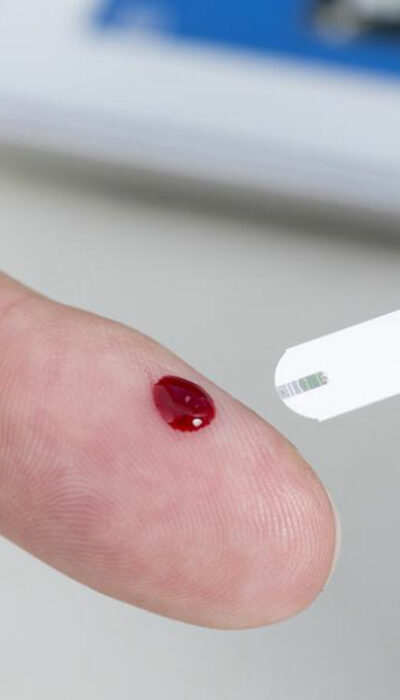
Multiple Sclerosis – Foods to Eat and Avoid
Multiple sclerosis (MS) is a disease that affects the nerve functioning and causes problems related to the vision, muscle control, and other body functions. The adversity of the disease varies from person to person. While some people might not need treatment at all, some go through a lot of hindrances in their daily activities as well. Due to the disease, the brain cannot send signals through your body. As a result, you might experience symptoms such as tiredness, difficulty in walking, tingling and numbness, double vision, depression or trouble in focusing. However, proper multiple sclerosis diets can help a lot in dealing with the condition. A good diet can help you to cope better with multiple sclerosis disorder. It can help in maintaining regular bowel functions and can improve the health of your skin, teeth, heart, gums, and flexibility. With a healthy diet, you can also avoid weight gain and heart diseases in general. If you have MS, then you should consult your doctor before following a certain type of diet. Here are the foods that you should eat and those you need to avoid when you have MS. Foods to eat when having MS A balanced diet is crucial for maintaining good health. Multiple sclerosis diets include fruits and vegetables that provide the required nutrition that the body needs. Your diets should essentially include things that help the body to maintain and grow along with a lot of fluids. You can eat fish that is high in omega-3 fatty acids, skinless chicken, and meat that is trimmed of visible fat is also a good option. Beans, soy, lentils, and nuts should also be included. Not to mention vegetables and fruits that is a must for a healthy diet. It is advised to consume whole grain products of which you can have three to four servings per day while following multiple sclerosis diets.










